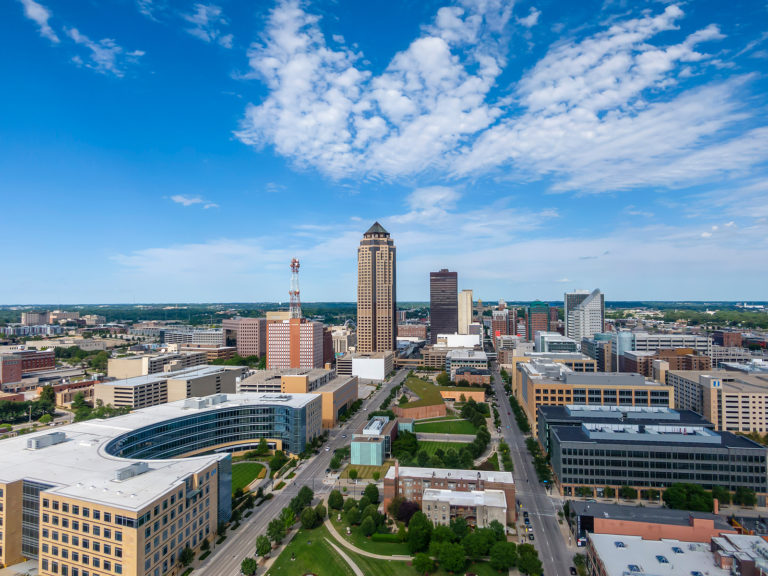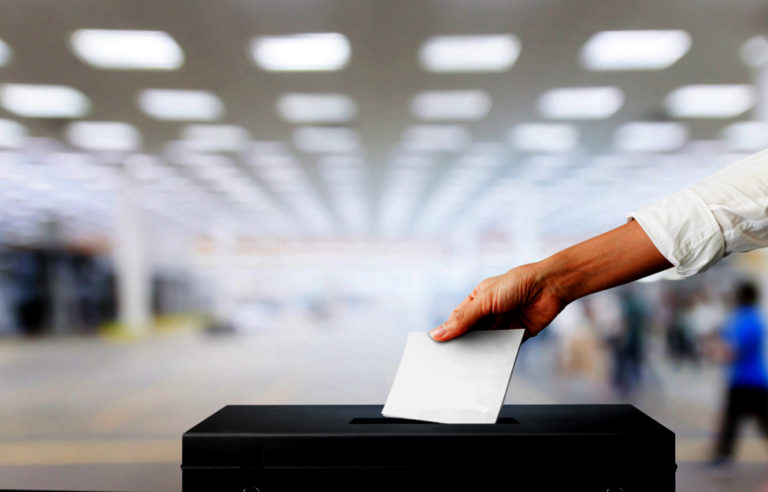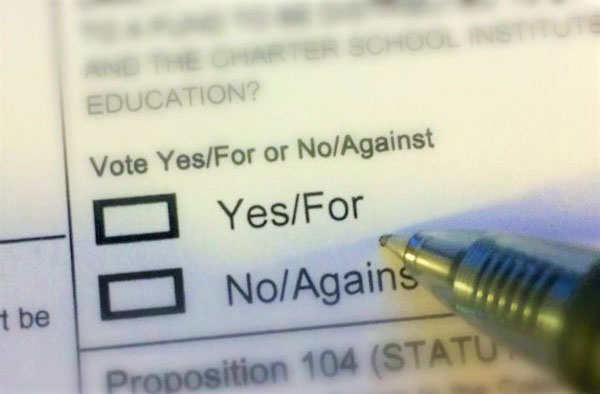Billionaires shouldn’t be able to fund Wisconsin elections, but current law allows them to.
There is currently no law prohibiting special-interest groups from funneling unrestricted money into election administration offices. But this is precisely what happened in 2020 and is happening again right now.
Mark Zuckerberg funneled millions into election offices in 2020
In 2020, Mark Zuckerberg, the California Facebook billionaire, and his wife funneled $400 million to election offices across the country. Most Zuckerbucks were provided to the Center for Tech and Civic Life (CTCL), a left-leaning non-profit run by a former Obama Foundation fellow. CTCL distributed these Zuckerbucks in the form of grants to local election departments nationwide. Despite being labeled as COVID-19 response grants, only a fraction of the money was used to buy personal protective equipment (PPE). The funds were used predominantly to get out the vote in select jurisdictions.
Across the country, CTCL decided which counties should get money, how much they should receive, and what the private funds could be spent on. Zuckerbucks found their way into nearly every state—including Wisconsin.
Wisconsin was not immune to “Zuckerbucks”
Election offices in blue cities received the bulk of the grants, and this private money was used to boost voter turnout. Wisconsin received at least $10.1 million in Zuckerbucks, and $8.5 million of that went to just five Democratic cities—Milwaukee, Madison, Green Bay, Kenosha, and Racine. Milwaukee received two grant awards from CTCL, totaling more than $3.4 million and they spent a mere 5.8 percent of their grant funds on PPE. Madison alone received more than $1.2 million.
Green Bay received significant funds and hardly any went to PPE and related supplies. More than $1 million was funneled into Green Bay, amounting to nearly $20 per registered voter. Green Bay’s total elections budget in 2020 was $329,820, and the private funding increased their budget by a staggering 331 percent. Meanwhile, they spent only 0.8 percent of grant funds on PPE—instead purchasing two new 2020 Ford 550s and paying a public relations firm nearly $150,000 for voter outreach.
Additionally, a CTCL operative was provided keys to the room where Green Bay’s absentee ballots were stored, and the storage room could only be accessed with the operative’s approval. The CTCL operative received these keys several days before the 2020 election, further calling into question the influence of the Zuckerbucks grant.
Zuckerbucks are also targeting the 2024 election
In fact, a recent Freedom of Information Act (FOIA) request filed by the Foundation for Government Accountability (FGA) revealed that the 2024 election is already being targeted by Zuckerbucks.
Here’s what the FOIA uncovered:
- Madison signed a new grant agreement with CTCL in January 2023 for more than $1.5 million.
- In 2023, a Madison resolution authorized the City Clerk’s Office to accept two grants in 2023 totaling more than $500,000 and two grants in 2024 totaling more than $1 million.
- The grants are for more money than the $1.2 million they received in 2020, which they allegedly received as part of CTCL’s “Covid-19 Response” grant program.
- Both the 2020 and 2024 grants involve the same people—signed by Madison Mayor Satya Rhodes-Conway and orchestrated by Madison City Clerk Maribeth Witzel-Behl.
- As of April 2023, the Clerk’s Office did not know how the money will be spent.
Here’s the big question: Madison is set to receive $1.5 million before the 2024 election. The pandemic is over. That money is not going to PPE. So, what is it going to?
Wisconsin elections should be free from outside influence
Private money—no matter the source—going to public election offices should not be part of Wisconsin elections. Continuing to allow billionaires to interfere with election operations sets a dangerous precedent for the security and integrity of future Wisconsin elections. Banning Zuckerbucks in Wisconsin will ensure that political operatives and corporations don’t make election operations a commodity to be bought and sold again.
Nearly 30 states have already passed laws banning Zuckerbucks in their elections, and Wisconsin should do the same. Wisconsin elections should not be for sale to the highest bidder.



